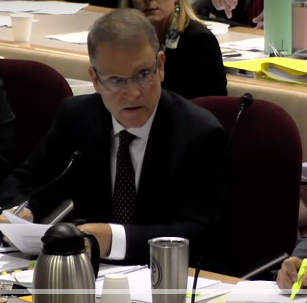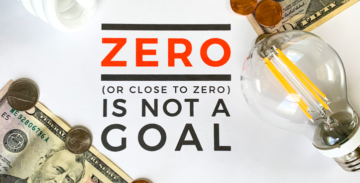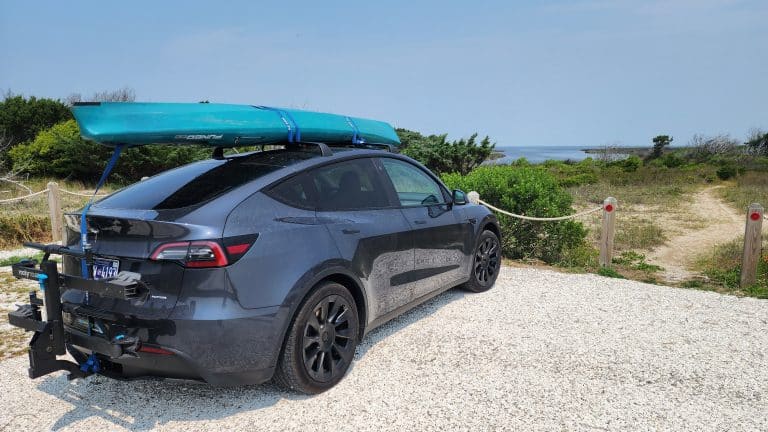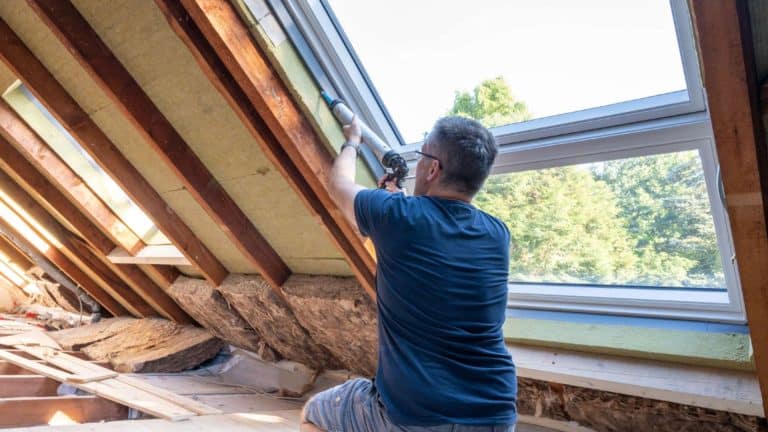 Last week, attorneys at Earthjustice and I were in Tallahassee on behalf of Southern Alliance for Clean Energy and LULAC challenging the big power companies’ zero, or near zero energy efficiency goals. The state resets goals every five years – those goals dictate the scale of efficiency programs utilities will offer to hard-working families and businesses to help them reduce energy use and save money on bills.
Last week, attorneys at Earthjustice and I were in Tallahassee on behalf of Southern Alliance for Clean Energy and LULAC challenging the big power companies’ zero, or near zero energy efficiency goals. The state resets goals every five years – those goals dictate the scale of efficiency programs utilities will offer to hard-working families and businesses to help them reduce energy use and save money on bills.
Zero, or near-zero
In 2014, the goals were gutted by the Florida Public Service Commission – the agency that regulates the state’s power companies – this year, many of the power companies want to bury energy efficiency once and for all. Gulf, OUC, and JEA have proposed goals of zero. FPL has proposed a residential saving goal that is the equivalent of the energy use of one home – effectively zero.
Florida is already well below the national average and even in the Southeast in providing opportunities to hard-working families and businesses to cut energy waste and save money on bills. The energy savings are accomplished through energy efficiency programs, such as providing rebates for upgrading an AC unit, or attic insulation that helps makes homes more efficient, comfortable and secure. All that disappears if zero, or near zero goals are approved.
That would lead to Florida’s hard-working families and businesses having unnecessarily higher bills – and more pollution from power plants that drives climate change.
The utilities are required by state law to help customers reduce energy use, in part because it is the least cost resource available to the utility. Why build a costly power plant when you can meet demand at a fraction of the cost by reducing demand and saving your customers money?
Plenty of Excuses
 The power companies gave testimony that was coordinated to deliver a laundry list of excuses on the challenges of capturing energy savings for customers. For instance, utility witnesses testified that future building codes and appliance standards will captured significant energy savings. Yet, all states are subject to codes and standards and most states are capturing a magnitude of times more energy savings for their customers than Florida.
The power companies gave testimony that was coordinated to deliver a laundry list of excuses on the challenges of capturing energy savings for customers. For instance, utility witnesses testified that future building codes and appliance standards will captured significant energy savings. Yet, all states are subject to codes and standards and most states are capturing a magnitude of times more energy savings for their customers than Florida.
The reason Florida’s energy efficiency performance is abysmal was revealed at the hearing and in our testimony. It’s because the power companies have relied, and continue to rely, on a cost-effectiveness test – called the Rate Impact Measure Impact (RIM test) – that counts lost revenue (customers reducing their energy use) as a cost to the utility. Therefore, if an efficiency measure provides significant energy savings to a family or a business – it is eliminated from the goals potential analysis as being “not cost-effective.” Another way the utilities “put their thumb on the scale” is by eliminating measures that a have a simple payback to customers of 2 years or less. These measures are especially important to low – moderate income families.
Florida is the only state that uses these archaic methodologies in setting energy efficiency goals. No wonder we are almost at the bottom of state rankings on energy savings performance.
Huge Public Support
 At the hearing, we were bolstered by huge public support. Almost 4,000 comments have been filed in the Commission dockets in support of improving goals – with over 2,000 comments being filed the first day of the hearing! A number of municipalities have also filed resolutions and letters in support of meaningful goals. The Commission had issued an order earlier in the month denying in-person public comment from customers. That didn’t stop dozens of customers from visiting Tallahassee and providing their comments directly to a court reporter – which Earthjustice filed in the dockets. They attended the first day of the hearing and posed for a picture with some of the legal team.
At the hearing, we were bolstered by huge public support. Almost 4,000 comments have been filed in the Commission dockets in support of improving goals – with over 2,000 comments being filed the first day of the hearing! A number of municipalities have also filed resolutions and letters in support of meaningful goals. The Commission had issued an order earlier in the month denying in-person public comment from customers. That didn’t stop dozens of customers from visiting Tallahassee and providing their comments directly to a court reporter – which Earthjustice filed in the dockets. They attended the first day of the hearing and posed for a picture with some of the legal team.
Time to Evolve
Energy efficiency programs are incredibly popular as municipalities and consumers are embracing clean energy and sustainable living. The Florida Commission must stop the power companies’ dangerous retreat from cutting energy waste. Clearly, the methodologies Florida uses to set efficiency goals have out-lived their usefulness – how else can you explain zero, or near zero goals, when other states are committing to capturing magnitudes of times more savings than Florida?
Our briefs are due on September 20th, and the Commission is expected to make a final decision in early November. Stay tuned! In the meantime let the Commission know zero, or near zero goals are not a goal. File a comment here. The Commission must reject the abysmal utility-proposed goals and chart a new path for Florida – hard working families, and future generations are depending on it.


